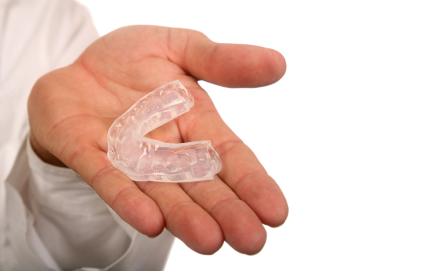Is Going To The Dentist Painful?

At Scott Arms Dental Practice we, as a team, strive to remove discomfort from our patients through either painless treatment or the removal of toothache. We are keen to help nervous patients overcome their fear of dentistry and help them to realise that pain-free dentistry is the way of the future.
With the practice of modern-day dentistry and the introduction of new technology and medicine, dentistry can be practised efficiently and effectively without the patient being in pain. In fact, it is often the dentist who relieves people of dental pain, rather than introducing it, and is one of the reasons that Scott Arms Dental Practice works 365 days a year as an emergency dental practice: emergency dentists work up until 11pm every day and over-the-phone advice is available all through the night.
Most dental treatment involves the patient needing to keep their mouth open for a period of time. This can sometimes be slightly uncomfortable, but for patients who find it more difficult than others, regular breaks will be offered. Dental treatments generally involve the use of water to keep the teeth clean and cool throughout the procedure, but a nurse is always present with a suction device to remove the water before it bothers you.
All our surgeries have comfortable, state-of-the-art dental chairs installed so you can relax during your time in the practice.
Furthermore, for treatment that would otherwise be painful, local anaesthetic injections are always offered. This involves the introduction of a numbing agent into the tissues, which stops you being able to feel anything. Injections are often hardly felt, but if not, the discomfort will last only a few seconds before the numbness starts to take effect. As a rule, we take every possible action to reduce the discomfort of any procedure, including injections: we purchase the thinnest-gauge needles, which cause minimal tissue trauma, and warm our anaesthetic cartridges to body temperature, both of which reduce the likelihood of the injection being felt. Furthermore, we offer a topical numbing agent, which is placed onto the tissue before the injection is given. After a couple of hours the numbness of the injection will wear off; very rarely there can be mild discomfort following a procedure but this is often eased by the taking of standard pain medication. Nobody likes injections, but rest assured that we at Scott Arms Dental Practice are constantly on the lookout for investments in technology that increase the comfort of our patients.
For people who don’t like going to the dentist at all and would rather be treated under sedation, Scott Arms Dental Practice is the right place to come. We have dentists who have a special interest in dental sedation and as a practice we are keen to provide dental care under your terms. We practise intravenous sedation at our clinic, which is carried out by placing a small needle into the back of your hand and monitoring the levels of sedative we introduce into your bloodstream. Many people opt for dental sedation, whether they are nervous patients or not, as it makes longer dental treatment fly by at maximum comfort. Though it is a conscious sedation, many people cannot remember the experience at all, as if they had been asleep, whilst others describe it as a very relaxing feeling, like having had a few glasses of wine. Speak to your dentist if you’d like to have any of your dental treatments carried out under sedation.
Posted in: Emergency Dentist, General Dentistry
Leave a Comment (0) →









